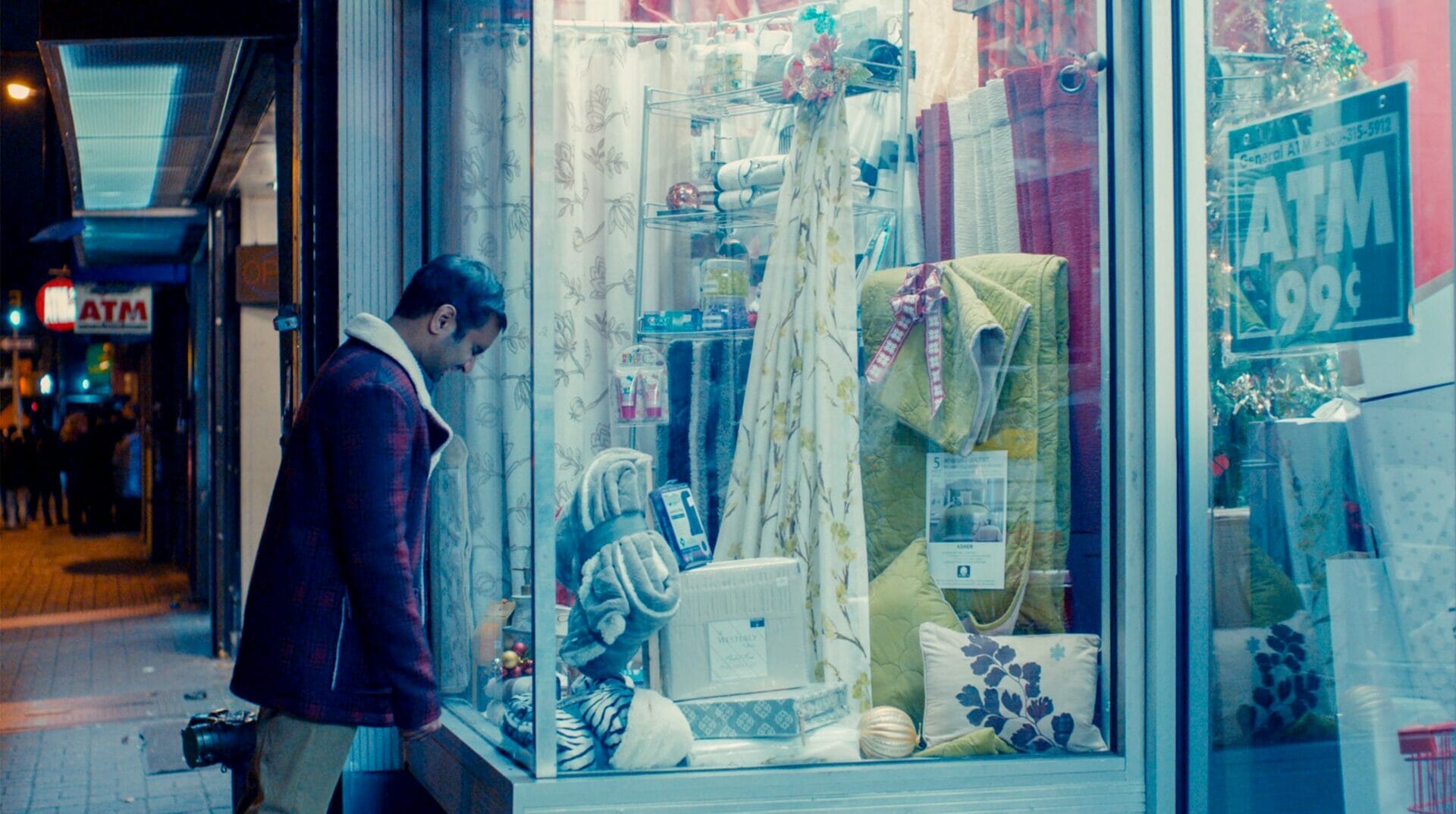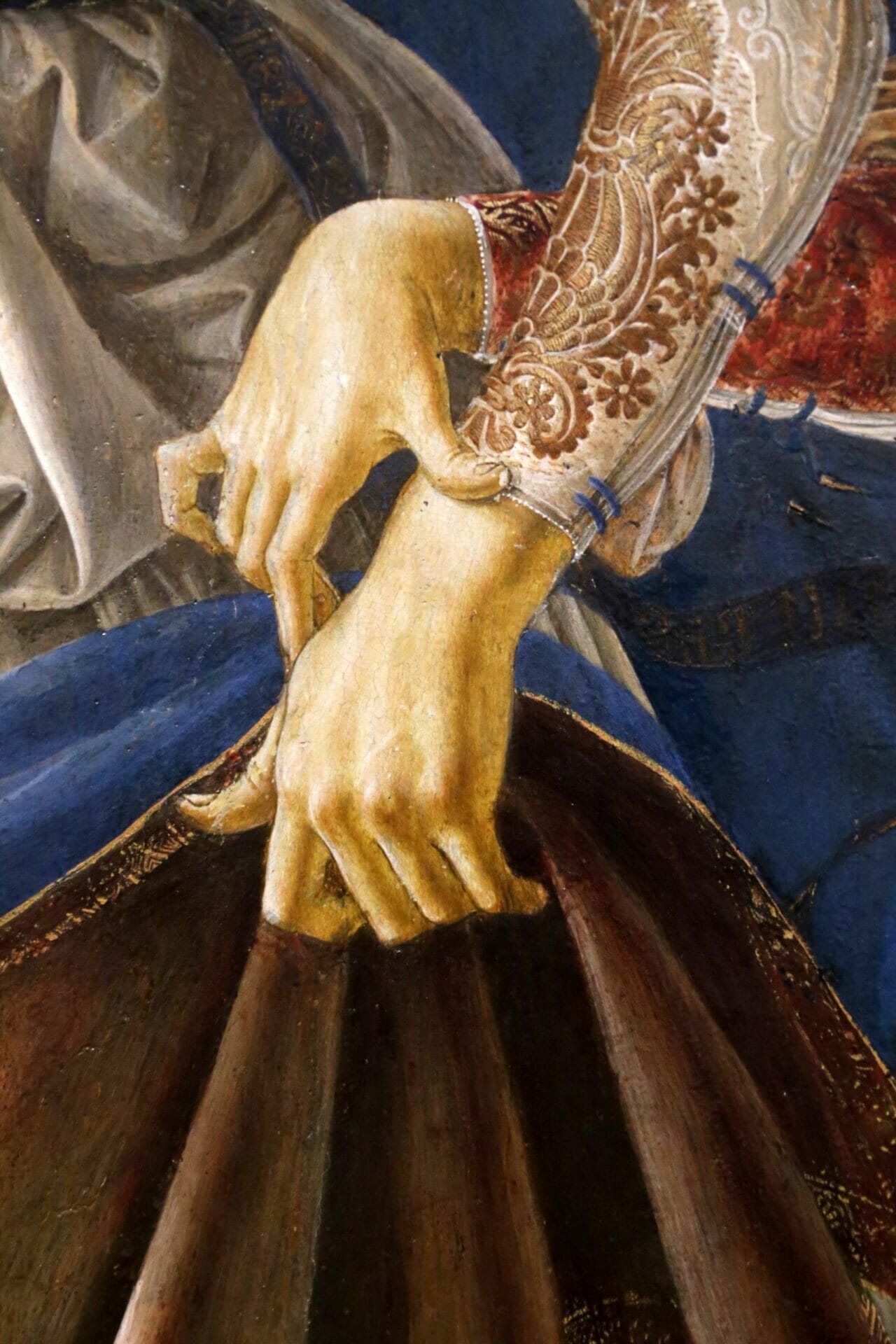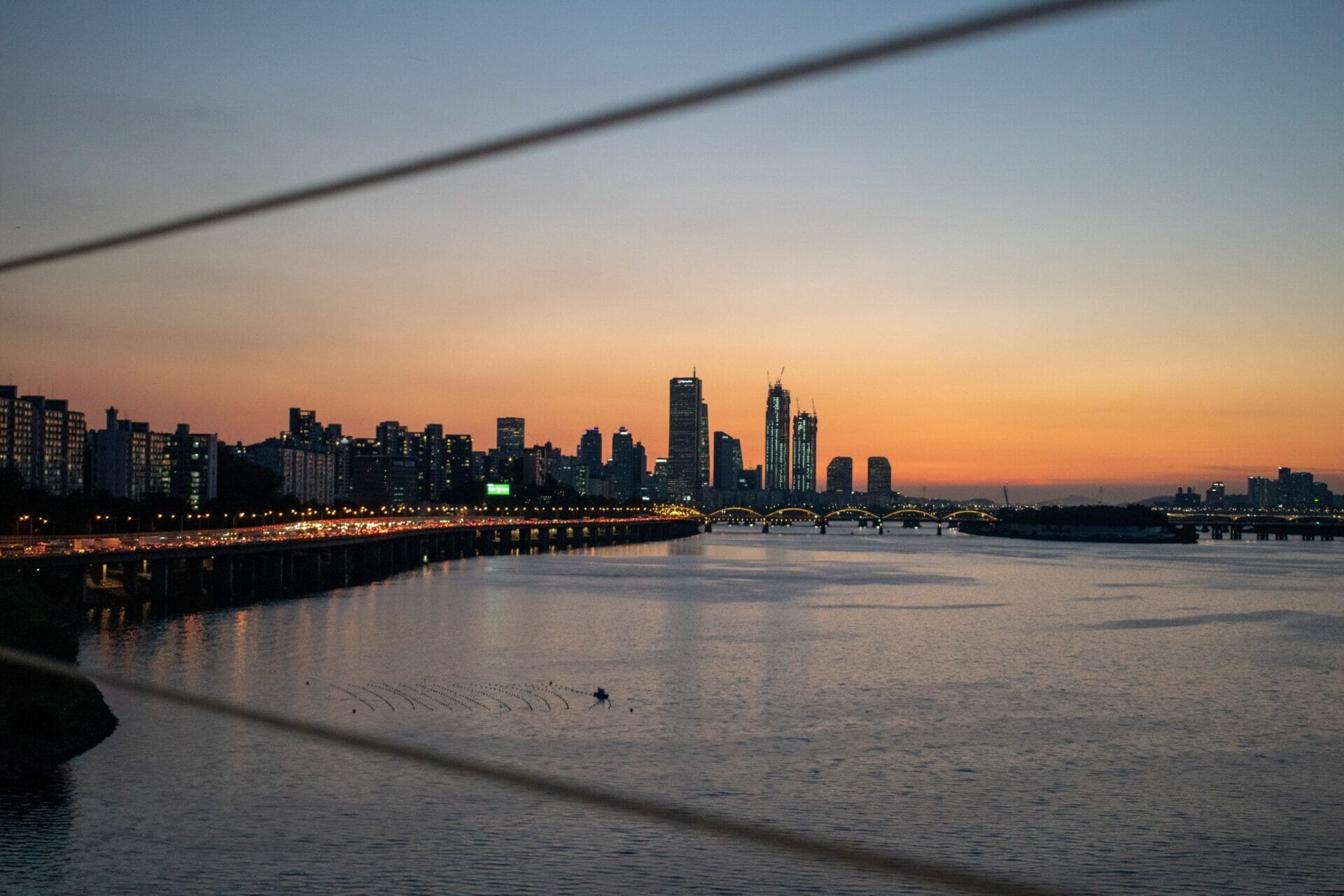
Master of None | Different stories, same show
Director
Year
Country
Seasons
Runtime
Genre
Subgenre
“Jack of all trades, Master of None”, literally “capable of anything, master of nothing”. It’s a common English expression that refers to people who have dabbled in many skills but are not really experts in any of them. From this point of view, Aziz Ansari (famous for his part in Parks and Recreation) creates his own Master Of None. A Netflix show that won three Emmy Awards, a Golden Globe, and has received critical acclaim.
What is it about?
Master of None starts with Dev (Aziz Ansari), a 30-years old comedian who also happens to be the show’s creator. His life is an alternation of love, existential, and career issues narrated in a humorous style and framed in the one and only New York City.
At first glance, it may seem a very similar show to another 90’s product like Seinfeld, or other sitcoms like Friends, How I met your mother, New Girl, and so on. And so it is, in terms of simplicity. But that “None” in the title indicates there’s no real protagonist, no actor to cling to. The Master Of None is everyone and nobody. Anyone could be that 30-year-old who is trying to survive in a metropolis. Anyone in desperate need of searching himself, prior to a job or someone to love.
Despite this, Master of None differs from the rest in terms of comedy packaging. Each episode is self-contained and concerns a different moment of his life. An anthological approach that is a reminder of the comic golden age of seriality: the one between the ’60s and ’70s, with TV Shows like the famous Happy Days, and the less-known The Bob Newhart Show.
A lot of stories
The first two seasons of Master of None deal with the idea of unpredictability. The single episodes could take us anywhere and be dedicated to anyone. The one where Dev learns to make hand-made pasta is shot in black and white and pays homage to Italian Neorealism. Another one focuses on Dev’s friend, Denise (Lena Waithe), who comes out with her family. In others there’s not even the main character, like in New York, I Love You, where there’s a simple collection of stories about immigrants and other New York outcasts, rarely seen on-screen.
Seinfeld underlined some nineties stereotypes in America, without ever proposing other positive models. Master of None does the same twenty years later, but with a hint of idealism. The same process serves as a way of looking at the world from the perspective of minorities, but never falling into silly victimhood nor disdaining clichés, made effective by lightness of touch.
Always different
The third season is different from the first two. Both in style – affected by the passing of time while shooting – and tone: still current and socially aware topics, but told in a different shade. The season consists of five episodes gathered under the title Moments in Love. Denise is now the protagonist (Dev briefly appears in one of them) and the story is dedicated to a love relationship between two women.
We haven’t seen these characters in four years, and they’ve all undergone some remarkable changes. Denise is now a successful writer living in a fancy countryside house with her wife Alicia (Naomi Ackie). Soon, the complex and emotional parts of their relationship appear. In an almost theatrical mechanism that reminds of Marriage Story and Scenes from a Marriage, the ups and downs of love, the difficulties of infertility, and their personal growth – both as a couple and as individuals – become a whole.
More drama
As a director, Ansari manages to push the engagement button even harder, to build a more elaborate scene chain that doesn’t follow the brain’s timetable but rather the one of the heart. The result is a product that aims to position itself one step higher from the rest of the modern, comic television scene.
What strikes so strongly in this experiment is silence. While in the first two seasons varied and contrasting music filled the scenes, in this one, pauses and words border on something that looks like a documentary. Sometimes accompanied by ambient sounds, sometimes virtually absent. A choice that tends to slow down the rhythm but gives higher gravitas to the scene, weighing more on the viewer’s heart.
Perhaps a bit distant from the “less dramatic, more comic” kind of series that had been for the first two seasons, but a choice full of audacity.
Bravery
Master of None is pure melancholy, an insight into young adults’ and Millenials’ lives. Comedy and drama meet in a rather unprecedented mix of emotions that make you travel with your mind while the body stands firmly on the ground. Its invention was a gamble – therefore it has its own flaws – but shows that, after so many years, Ansari and Waithe are not afraid of artistic change, if the spirit behind their work remains honest.
Tag
Buy a ☕ for Hypercritic









